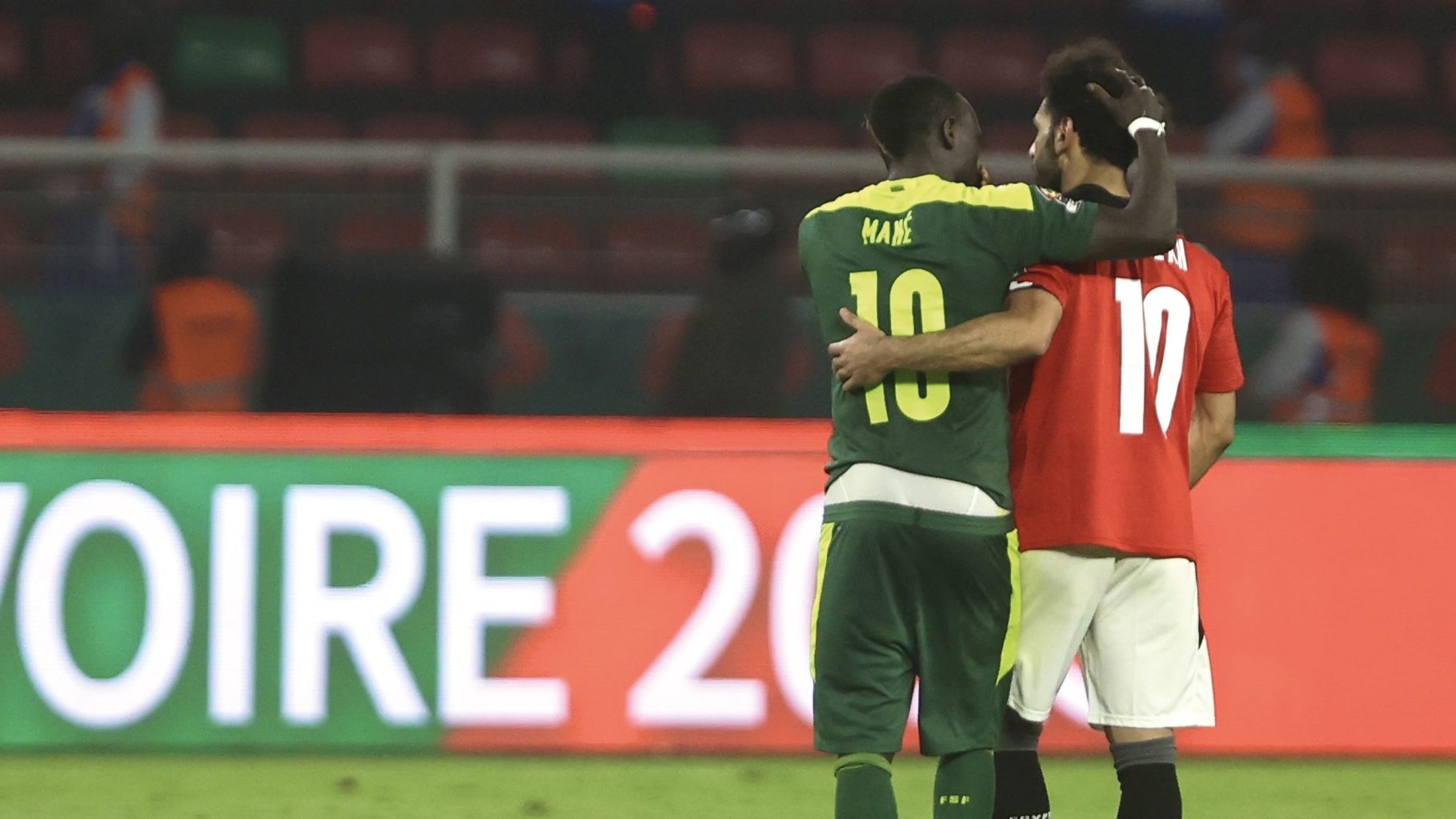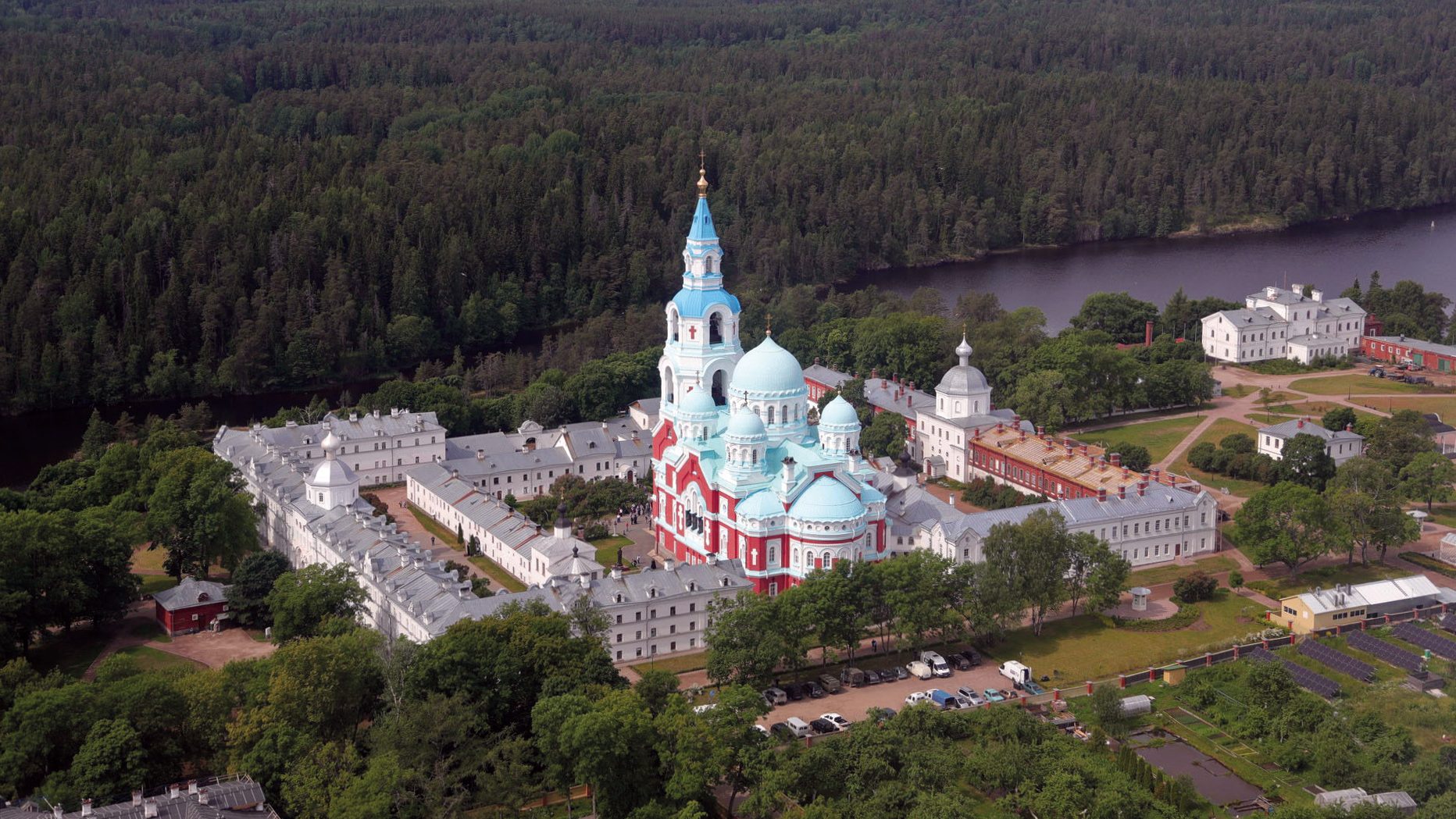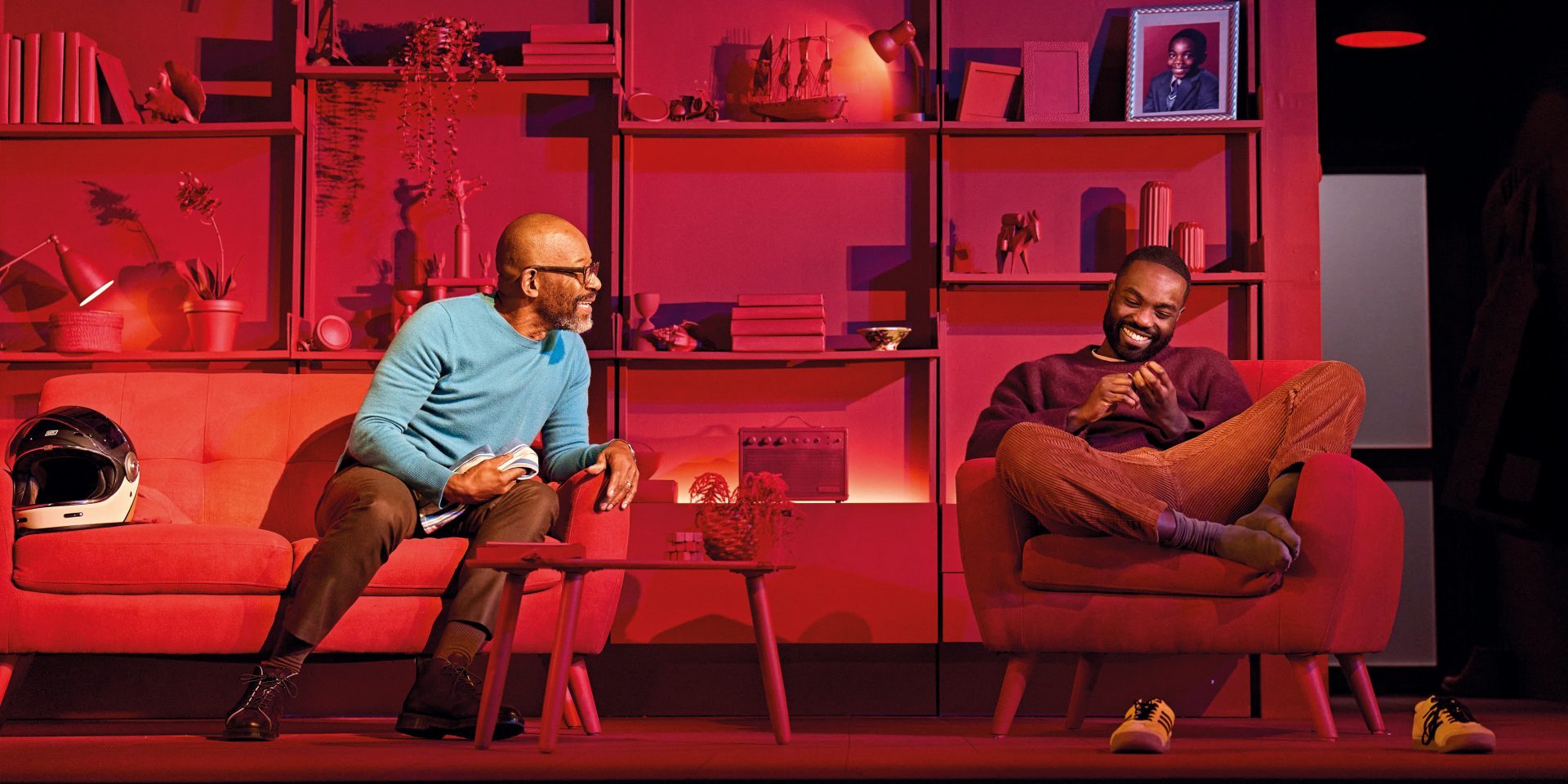Kalidou Koulibaly is the most wanted defender in football. A man of strength yet elegance, aggression yet poise, he was born European, but captained Senegal to the African Cup of Nations in Yaoundé on Sunday night.
Moments after Sadio Mané scored the decisive penalty and then consoled his Liverpool team mate Mohamed Salah, the cameras focused on the big man. The final reflected his qualities. After 120 minutes of scoreless football,
and nine penalty shoot-out kicks, Koulibaly was led up the grandstand stairs of a tragic stadium to receive the trophy from the head of the host nation.
Koulibaly – courted by Paris St Germain, Barcelona, Bayern Munich, Chelsea, Real Madrid, Manchester City and United and just about every wealthy club on earth – had tested positive for Covid shortly after his arrival in Cameroon. He was asymptomatic but he had to sit out the first two games in isolation. Covid, of course, was why this 2021 AFCON was being held in 2022 and the pandemic is also why Senegal and Egypt, will have to do this again twice over in March to decide which of them joins the Qatar World Cup starting in November.
In that respect, Africa is getting something back from the long, long money trail that has procured its talents for the rich Europeans.
Koulibaly is somewhat of a reversal of that path. His parents are Senegalese, but he was born in France, in Saint-Dié-des-Vosges, where he played his first barefoot games on a local car park near his home.
The France World Cup winning sides have long been built on integrating migrant talents – from the so-called “Black-Blanc-Beur” (Black-White-Arab) team of 1998 to the current world champions.
FIFA was founded in Paris and its laissez-faire attitude regarding ethnicity long ago allowed players to choose whether to represent their birthland, or the land of their parents.
Once upon a time this was an automatic one-way process. The players opted for the countries most likely to win the prizes, and make their fortunes. This was the way from Thierry Henry to Kylian Mbappé. That great defender Lilian Thuram was born in Guadeloupe in the French West Indies before moving to mainland France when he was nine. Koulibaly, born and schooled on French soil, has chosen the opposite process.
He, and the whole of the Senegal line up from the French-born Chelsea goalkeeper Édouard Mendy to the forwards, are employed by top European clubs but answer to the African call. And good for them.
The Egyptian way is different because seven of Sunday’s starting eleven still play in their homeland, predominantly for the Cairo giants Al-Ahly and Zamalek.
The other, very clear difference in this AFCON was that Egypt, under the Mozambique-Portuguese trainer Carlos Queiroz, stuck doggedly to tedious defence while Senegal’s coach Aliou Cissé, a much traveled former player, puts adventure atop of his philosophy.
This despite Egypt having one of the world’s trickiest attacking players in Salah. For all that Salah and Mané have won together at Liverpool – and for all that Mané has been seen to despair when Salah goes for goal rather than pass to him at Anfield – they were both protagonists and soul mates on Sunday.
When Egypt was given a penalty in only the fourth minute of the final, Salah cupped his hand to his mouth while apparently advising his goalkeeper which way Mané shoots his penalties. Clearly distracted, Mané struck his penalty straight into the goalie Gabaski who saved it.
Two hours of scoreless stalemate later, Mané got his revenge. He held his nerve, shot the ninth penalty kick where nobody could reach it and won the final. If the Liverpool manager Jürgen Klopp feared in that moment what the victory for Senegal and defeat for Egypt might mean to his two wingers he must have been instantly reassured.
Mané’s first act was to seek out Salah, to pick him off the turf, to cradle him and whisper presumably sweet words in his ear. Mané is the son of an Imam. He and Salah share the Muslim faith. They have each scored a hundred goals for Liverpool. They will have travelled back to England on the same plane.
And while Sunday in Africa was the pinnacle of their African desire, all things are relative. For them, and for all the players in this tournament thwarted but not beaten by Covid, there was another more harrowing reason to put the joy and despair of a game into perspective.
The Olembe Stadium in Yaoundé was the scene, two weeks ago, of eight fans being trampled to death, and 38 hospitalised, when a stampede happened outside the southern gate before a Cameroon match. This, to anyone associated with Liverpool, brings back echoes of the worst tragedy in European sport in which 97 Liverpool fans were crushed to death and 766 injured at the Hillsborough Stadium in Sheffield 32 years ago.
With that perspective, the game goes on, if anything growing in popularity and prize money. As good as they are, as bound in their club as Mané and Salah remain, they each are stalling on signing new contracts offered by Liverpool.
We do not know their reasons. But while they prognosticate, and while they were away, Liverpool signed yet another world class winger, the Colombian, Luis Diaz. He is younger than they are, hungry to make his mark at Anfield, and signed up for five and a half years – almost a lifetime in playing terms.




